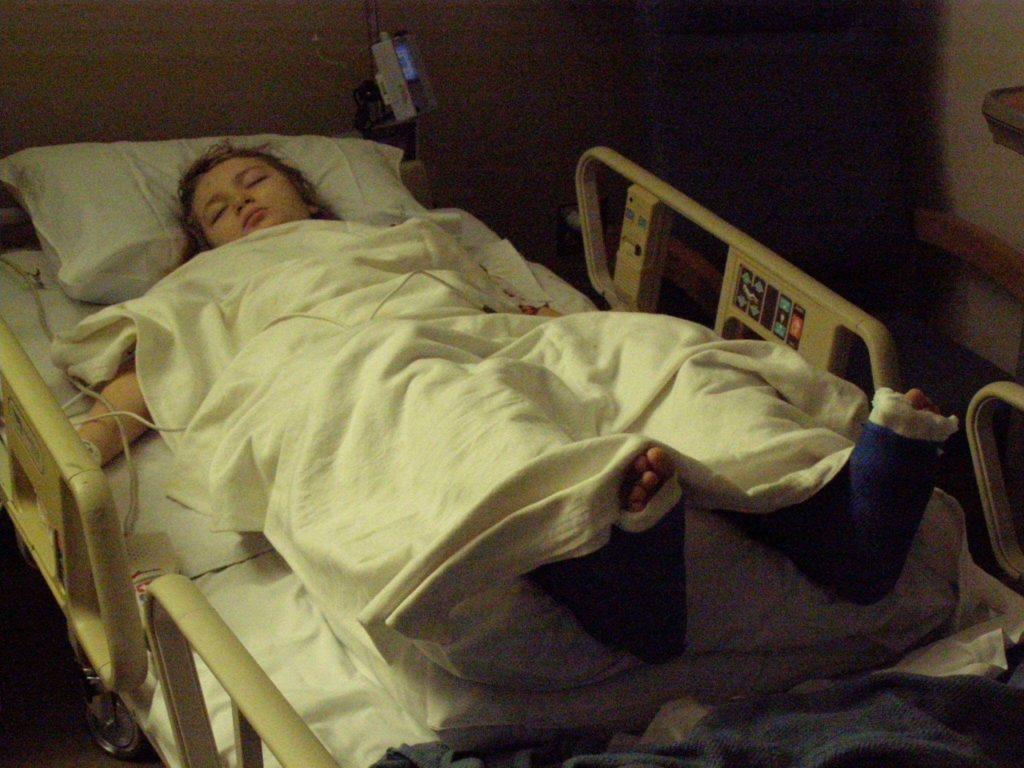It’s no secret that we live in a society obsessed with achieving perfection in practically every aspect. While the conversation about body positivity has evolved, there’s a large piece missing: the acceptance of disability.
To be clear, I was born with Cerebral Palsy (CP), a brain injury sustained at birth that affects my ability to walk and balance.
The fact that my knees always knocked or that I fell down all the time wasn’t something I saw as a defining factor between me and other kids; it was just my life.
People talked at me as early as I can remember, of what I could do to be better, to be cured. At that age, I politely nodded while they would pray for my healing or bring up articles they found to help a condition they knew nothing about. Nevertheless, that word “cure” was stuck in my head.
In 2003, the Original Cast Recording of “Wicked” was released, and soon on a loop everyday in my mom’s caravan. The musical tells the life of The Wicked Witch of the West, when she was just a smart, sassy, passionate girl named Elphaba Thropp. No one could get past her green skin but she was determined to find the Wizard, the man who could cure her. This is the first moment I ever began to realize that while I thought I was a normal kid, the world thought there was something wrong with me. I was six years old.
Everyone, from friends to total strangers, would say there is some magic out there that I just hadn’t found yet. Their ignorance projects the discomfort and pity of encountering an imperfect being. They turn it around into me not trying hard enough to be their version of perfect. It’s selfish.
These words have traveled with me to every doctor’s appointment, or treatment, every operating room, when I would silently ask myself, is this the one? This seemingly harmless act by able-bodied people is one of the biggest slaps in the face anyone could do.
For many people like myself, this is how we came into the world. We know nothing different. When someone says that there is a better version of myself out there, it rips open every stitch that has ever held me together. Standards of what makes a human being valuable in this society have created a mindset where someone with a disability is only seen as a project to perfect and polish. But tell me, if we are also human beings, then what is there to fix?
When people approach me to offer suggestions, they have no idea what I’ve done already to try and make progress toward an independent life. I’ve gone through 14 years of physical therapy, three different rounds of muscle stimulant therapy, six surgeries and learned to walk again, before I was 18. All of that, just to try and get a portion of steady mobility, something that is often taken for granted by the general public, learned from an early age. It is holding a bar that others will never be able to totally reach, and that is the reality.
As hard as I’ve worked to feel confident in my movements and my body, when someone points out that my life is somehow less, or assumes that I must be in agony, I still feel a part of me shatter. But really, it’s because of the fact that no matter how hard I work or how many bones I have broken, it still feels like they will always see me as something to pity.
As I have gotten older and learned more about CP, I’ve recognized that individuals out there have the best of intentions, but that doesn’t always mean their message comes across as such. Interactions with any disabled person leave others worried and trying their best not to ask questions. Curiosity gets the better of many minds, and before there is any introduction to who I am, they’ve already asked me why I use a walker or chair.
Where has basic human decency gone? We’re all human beings, plain and simple. The fact I live with CP is not up for debate. No disability is up for debate. Those seeking perfection often refuse to look and recognize their own flaws before pointing out ones that are easy to target. There is no wizard out there, and I’m just fine with that.























